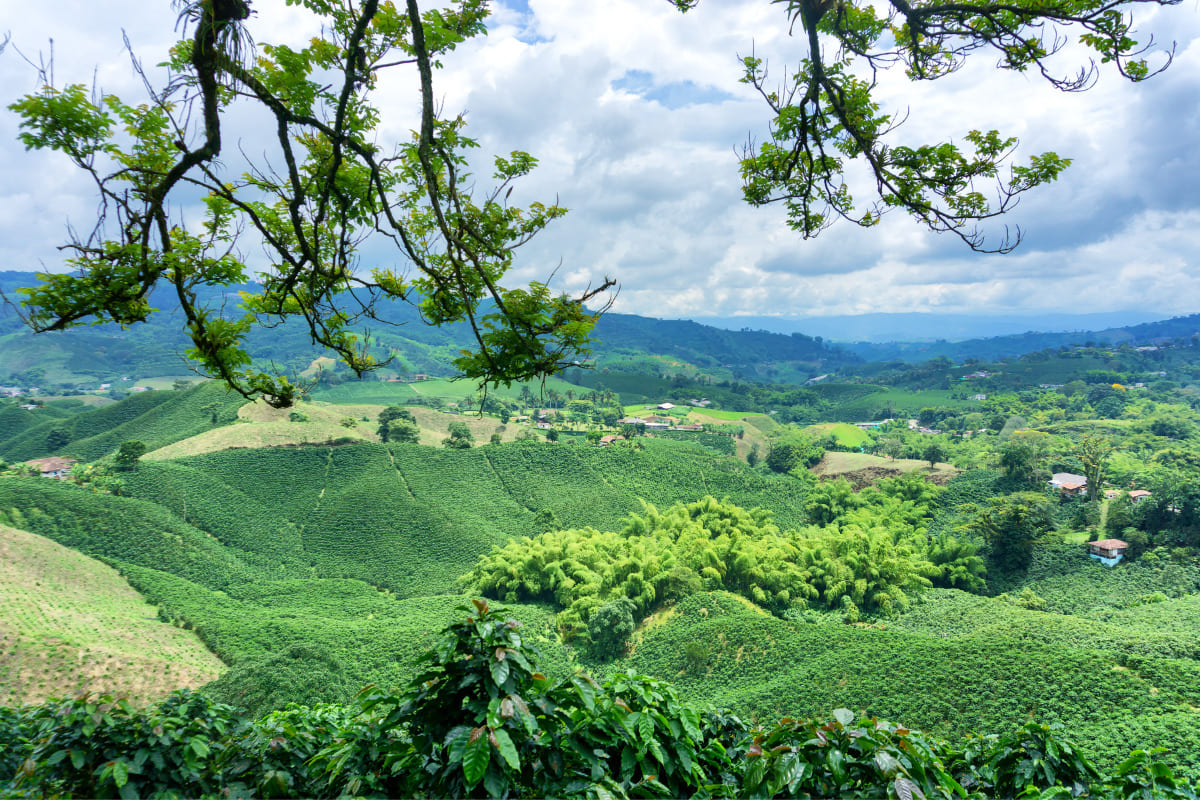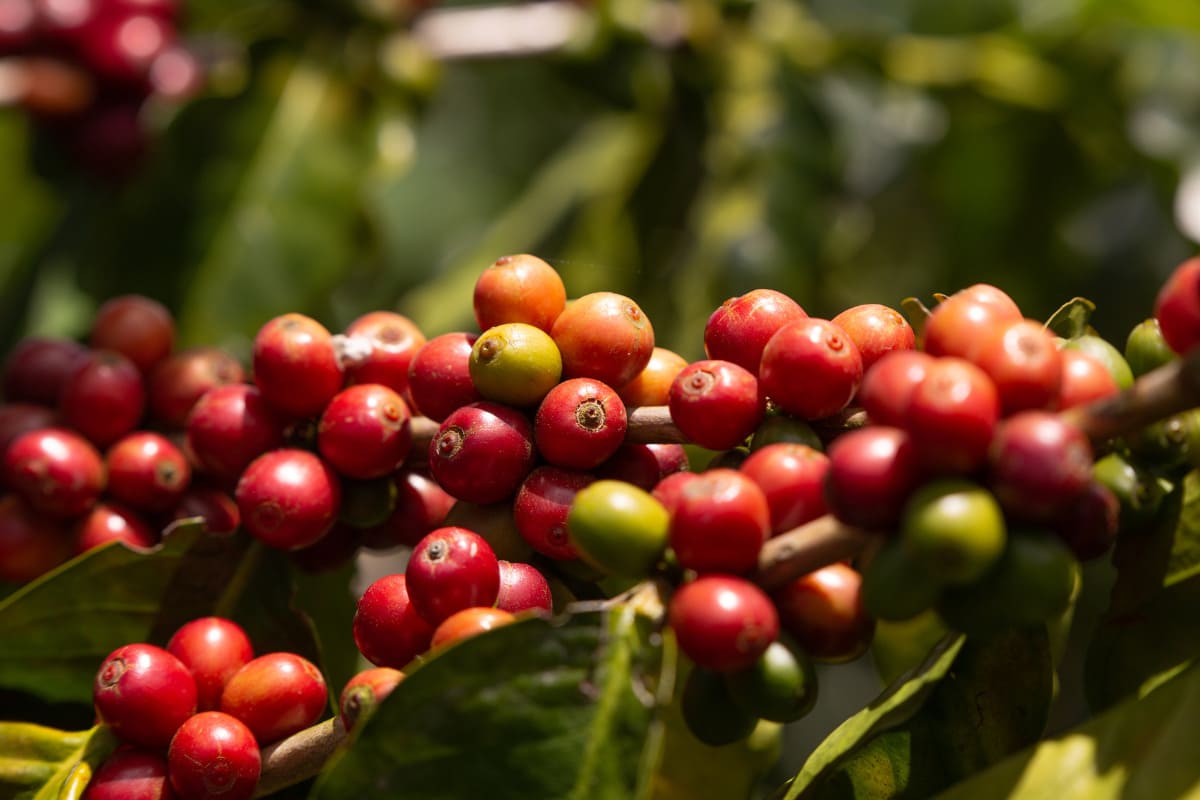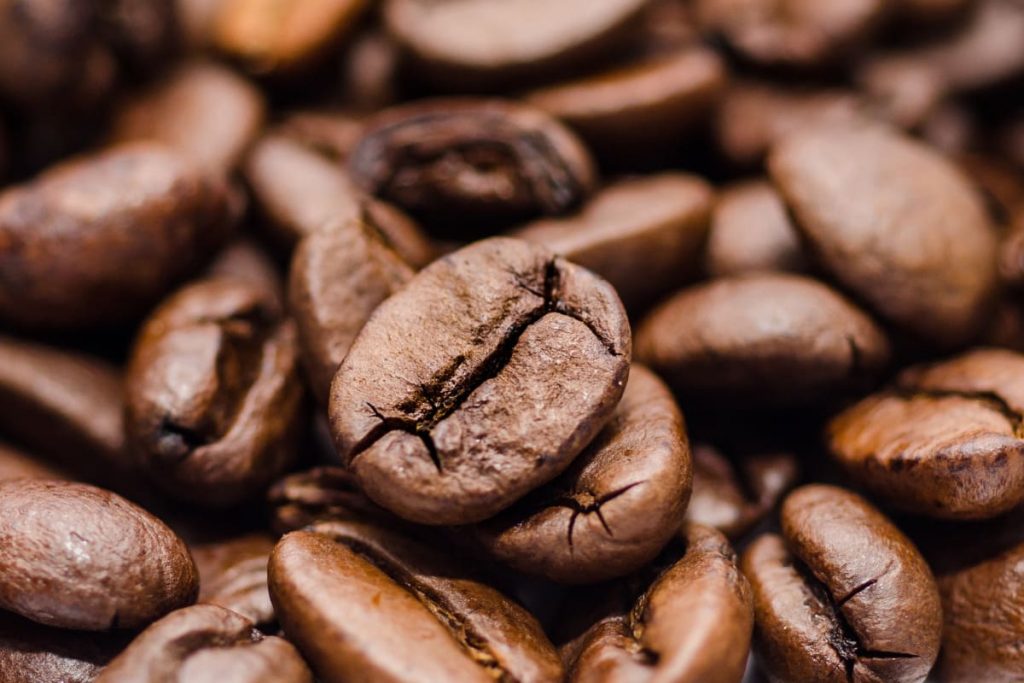Organic coffee has become a leading variety of the world’s second most consumed beverage, after water. Today, more and more people are looking for products that are environmentally friendly and healthy. In this article, we will look at what organic coffee means, how it is grown and why it is a common choice on people’s shopping lists around the world. If you are interested in learning more about this type of coffee, read on!
What is organic coffee and how is it grown?
Organic coffee, also known as bio, is grown without the use of synthetic pesticides, chemical fertilisers or artificial herbicides. This variety of coffee promotes the natural balance of the ecosystem and protects the local flora and fauna. Beyond agricultural techniques, organic coffee respects the cycles of nature and works to avoid deforestation.
Organic coffee is usually grown in mountain and forest areas. This is because the amount of natural shade present in these areas maintains soil moisture, prevents the development of weeds and enriches the soil with decomposing organic matter.
For example, Mexico is one of the world’s coffee producing countries of organic coffee. Around 500,000 coffee farmers are engaged in this activity. In this sense, it is one of the world’s leading producers of organic coffee, as 3.24 % of the cultivated coffee area is devoted to this variety.
Differences between organic and conventional coffee
Although there may be a number of similarities, the differences between organic and conventional coffee are latent. They even affect both the environment and the health of the people who consume it. There are three types of differences:
- Cultivation: organic coffee is grown without chemicals, using sustainable techniques and with the aim of respecting the ecological balance. Conventional coffee uses pesticides and fertilisers that pollute the soil and water.
- Taste and aroma: the purest and most defined flavours due to natural growth come from organic coffee. However, flatter flavours caused by possible chemical residues characterise conventional coffee.
- Environmental impact: organic coffee, on the other hand, preserves ecosystems, reduces emissions and promotes biodiversity, while conventional coffee has a higher risk of environmental degradation.
Organic coffee and the EUDR: a key relationship for the future
The EUDR solution requires that coffee can only be traded in the EU if it is not linked to deforestation after 31 December 2020. Organic coffee, although not automatically compliant, uses farming techniques such as agroforestry or forest conservation that facilitate its compliance with the EUDR.
Furthermore, the EUDR is aligned with the emerging global demand for organic coffee. Driven by the health benefits associated with coffee, it is expected to have an estimated market size of $12.6 billion by 2026, according to Livelihoods. In terms of varieties, arabica accounts for 60 % of world production, leading the market share.
This growth has sparked the interest of major brands in the sector. Companies such as Burke Brands LLC, Death Wish Coffee Co. and Rogers Family Company, among others, have expanded their organic product lines with new flavours, roasts and organic labels. The goal is to stand out in an increasingly competitive market.

Five benefits of organic coffee
Beyond its taste and aroma, organic coffee offers a wide range of benefits to those who consume it and to the planet. Here are five benefits you should know about:
- Natural and chemical-free product: without toxic residues, organic coffee is safer for the body. It is grown without additives, using traditional methods that respect the fruit and the soil.
- Rich in antioxidants: it contains a higher amount of natural antioxidants, which help prevent cellular ageing and protect against diseases such as cancer and cardiovascular disease.
- Environmental protection: organic coffee cultivation avoids water pollution, preserves rainforests and maintains biodiverse ecosystems.
- Social sustainability: many producers are small cooperatives that receive a fair payment. This model helps sustain rural economies and preserve traditional farming practices.
- Diversity and wildlife: Shade-grown coffee favours the presence of birds and insects, and maintains the balance of local ecosystems.
Organic coffee respects biodiversity, protects people’s health and offers an authentic taste experience. In a context of climate change, strict regulations and informed consumers, organic coffee is a great choice. If you want to know more about organic coffee and how to access it, Coolx works with international producers who produce organic coffee.


